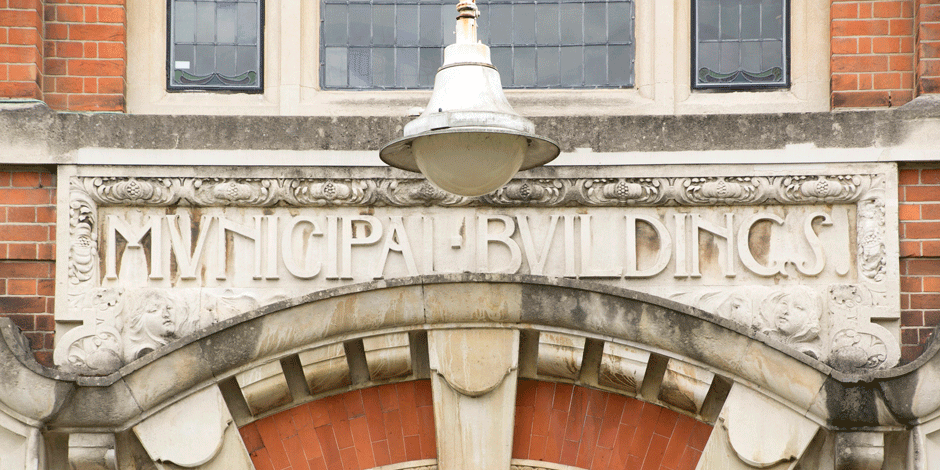Not exactly. Inflation is a crude tool and an inflation matching rise is already a paycut because of tax. Quick example:
Assume you have a salary and your costs equal your take home pay.
At £24k, that would give take home pay of £19.8k. If your costs are £19.8k and there is inflation of 10% then your costs will rise to £21.8k. 10% salary rise to £26.4k would only give you a take home of £21.4k, your costs now exceed your income by £400. You actually need an increase of 12% to 27k for your take home pay to keep up with inflation.
Similar at higher salaries:
Income £70k
Take home and costs £48.6k
10% increase in Income to £77k, take home to £52.5k, costs to £53.4k
12% increase to £78.6k required for take home to equal £53.4k

